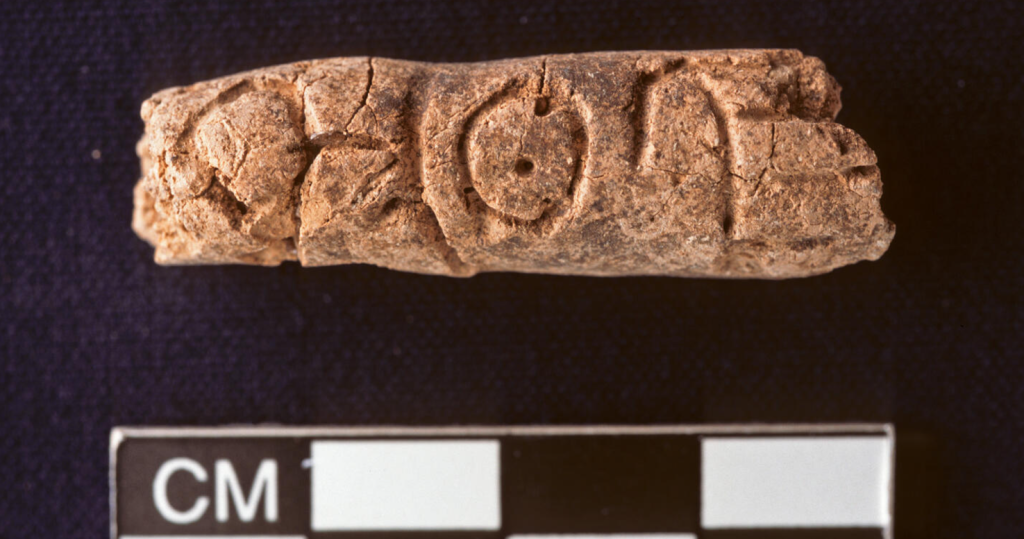Dated to around 2400 BCE, the writing precedes other known alphabetic scripts by roughly 500 years.
Others are reading now
Dating back to approximately 2400 BCE, this discovery predates previously identified alphabetic scripts by about 500 years, according to Professor Glenn Schwartz of Johns Hopkins University.
“Alphabets transformed communication, making writing accessible to people beyond the elite and royal circles. It fundamentally altered how societies thought, lived, and connected,” said Professor Schwartz, as cited by SciNews.
“This find suggests that experimentation with early communication systems began much earlier—and in a different region—than we had previously believed.”
The inscriptions were found on small clay cylinders, about the size of a finger, excavated from Tell Umm-el Marra, an ancient urban center in western Syria.
Also read
At the site, archaeologists uncovered tombs from the Early Bronze Age. One of the best-preserved tombs contained six skeletons alongside gold and silver jewelry, pottery, a spearhead, and other artifacts.
Near the pottery, the researchers discovered four perforated clay cylinders bearing what appears to be an early form of alphabetic writing.
“The perforations suggest the cylinders might have been strung onto something, potentially acting as labels,” said Schwartz. “They could indicate the contents of a container, its origin, or its owner. Without a way to decipher the script, we can only speculate.”
Radiocarbon dating confirmed the age of the tombs and artifacts, placing them well before the previously assumed origins of the alphabet, which scholars believed emerged in or near Egypt around 1900 BCE.
“Our findings challenge the established narrative, hinting at an earlier and entirely different origin for alphabetic writing,” Schwartz explained.
He presented the groundbreaking discovery at the 2024 American Society of Overseas Research (ASOR) annual meeting.








